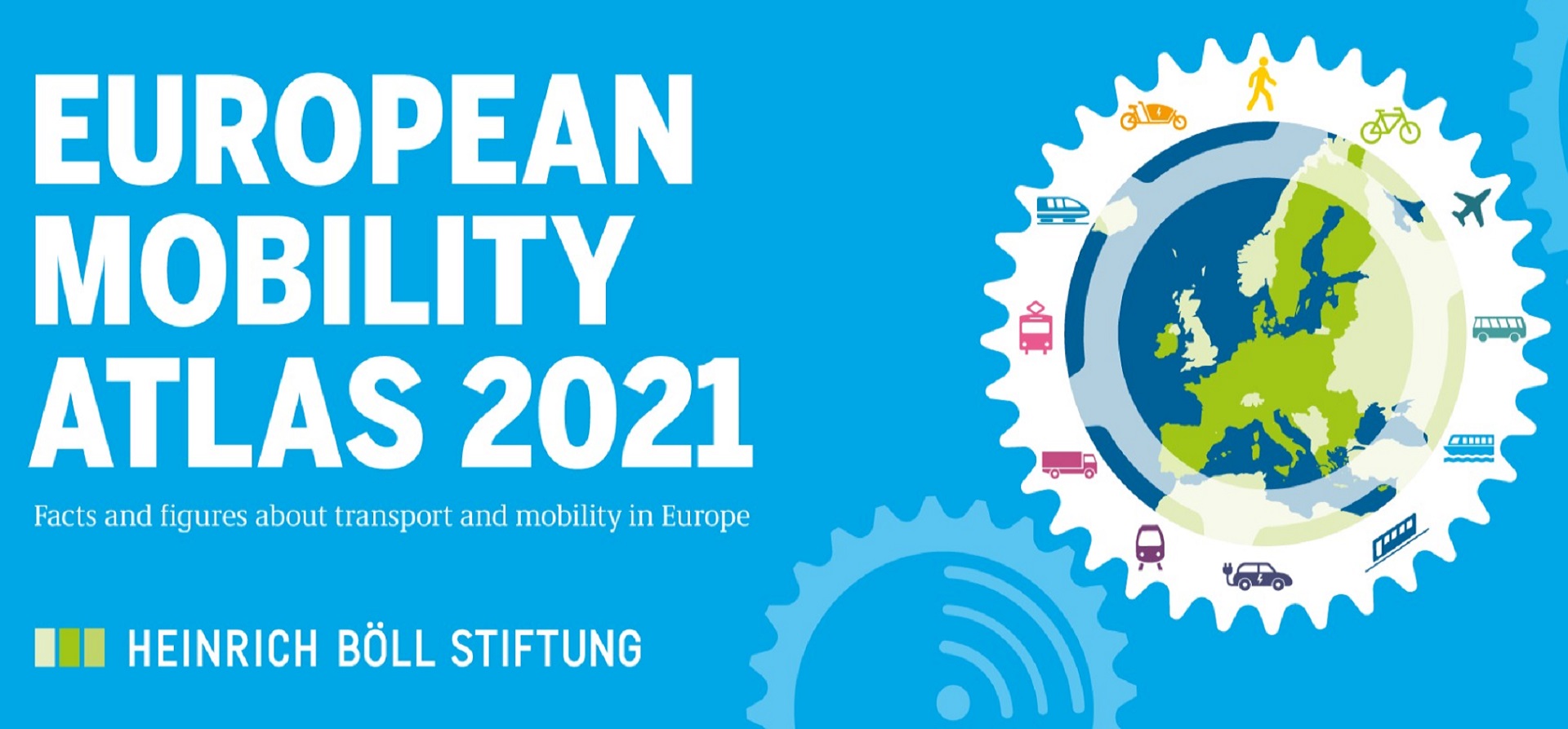Horsepower-flush automobiles and the 7,200-mile highway system that accommodates those vehicles, called the autobahn, belong to Germany’s national mythology. For decades, German drivers have relished the ostensible perk of its long stretches of asphalt without a speed limit. But the climate crisis has called this cherished tradition into question, prompting Germans to rethink their relationship to internal combustion engines – and to the autobahn itself, writes Paul Hockenos.
All posts tagged: transport sector
Time to rethink transport in Poland
The pandemic may well change our transport habits for the better – at least in cities. Public transport and eventually even cars will be increasingly shunned in favour of bicycles. Michał Olszewski reports from Warsaw, Poland.
Used vehicle imports to Latin America undercut greening the transport sector
A green transition in the transport sector is a challenge wherever you look. Yet in Latin America, where regulation is usually weaker than in industrial countries, this is even harder. European and American policy makers therefore have the duty to regulate their used light duty vehicles going towards Latino markets. Without such a change, Latin America will likely miss its climate targets. Rebecca Bertram reports.
Time for a rethink: unveiling the Heinrich Böll Foundation’s European Mobility Atlas
Achieving the goals of the European Green Deal and striking climate neutrality by 2050 means transforming the entire mobility sector, which currently makes up nearly 30 percent of the bloc’s CO2 emissions. To help steer readers in the right direction, the Heinrich-Böll-Stiftung’s (hbs) new 2021 European Mobility Atlas provides a host of fact-based recommendations from sector experts. As 2021 is also the European Year of Rail, many of the Atlas’ graphics focus on this key sector, including the impacts of enhanced night-train service and more continent-wide cross-border connections. Franz Timmermans, Executive Vice President of the European Commission for the European Green Deal, dubbed the publication a “fantastic resource,” and underscored that “the more people who know about this, the more successful we’ll be.” A review by L. Michael Buchsbaum.

Corona Crisis Presents Window to Decarbonize Global Trade
Global trade has been a notorious difficult sector to sign up for decarbonization. The crux of the problem is that its business is crossborder, and thus skirts the emissions reduction plans of individual national states. Much of it thus gets a free ride. Paul Hockenos reports
Dream derailed: Coal plant Datteln IV upturns Deutsche Bahn’s green ambitions
Germany’s state-owned railroad, Deutsche Bahn (DB), proudly boasts it’s the largest green electricity user in the nation. With uptake scheduled to grow to 80% by 2030, in tandem with the newly passed German coal-exit laws, DB aims to become 100% renewable by 2038. But by beginning the long-sought phase-out by simultaneously firing up of the new Uniper-owned Datteln IV coal plant, Angela Merkel’s ruling coalition government has thoroughly derailed the railroad’s green ambitions. In one of the worst missteps on Germany’s tortured road towards carbon neutrality, politics has turned Deutsche Bahn into the land’s largest publically-funded greenwasher. L. Michael Buchsbaum takes a look
Gender awareness: Transport infrastructure as a key lever for energy efficiency. Pt. III
The lack of gender-specific configurations of transport designs reflecting actual travel behaviour wastes significant efficiency in energy usage. In the last article of her three-part series, Kathrin Meyer explains why it is necessary to build on gender-responsive planning within the transportation sector.
Beyond the Tour de France: Cycling in the post-Covid-19 French Republic
For a long time, the French have considered cycling a sport rather than a way of transport. This has changed in the past years with raising concerns about air quality, climate change and public health. 2020 can be a real turning point with long strikes in public transit as well as government support for a bike system in the aftermath of the Coronavirus crisis. Lisa Tostado takes a closer look.
Clean mobility lags behind in Latin America
The transportation sector in Latin America is still largely based on fossil fuels and responsible for 35 percent of the continent’s carbon emissions. Greening public transportation systems is an issue predominantly for a few wealthier cities. But many remain highly inefficient, insecure and in the hands of powerful transportation mafia-like groups, which make them a difficult subject for reform. Yet the main hurdle for developing a sustainable transportation concept in many Latin American countries is the disconnect between national and municipal policies on transportation and energy policy. Rebecca Bertram reports
Biking in Bogota
For climate activists, the coronavirus pandemic has held some positive news with regards to its short term effects. As a result of the economic standstill in large parts of the world, global carbon emissions decreased by 20 percent by the end of March compared to the previous year. But as pressure is building up to get the economies going again, they must also fear that once this global health crisis has waned political and economic activity will return to business as usual, with the global climate agenda losing out against the urgency of rebuilding growth with the help of old industries. Rebecca Bertram takes a look at the possible sustainable future.